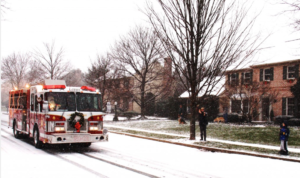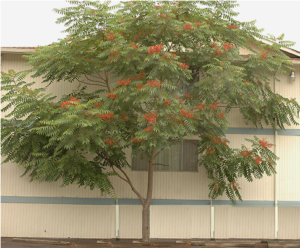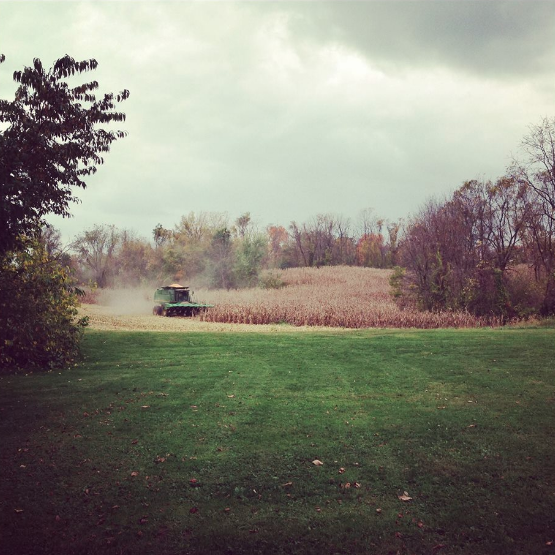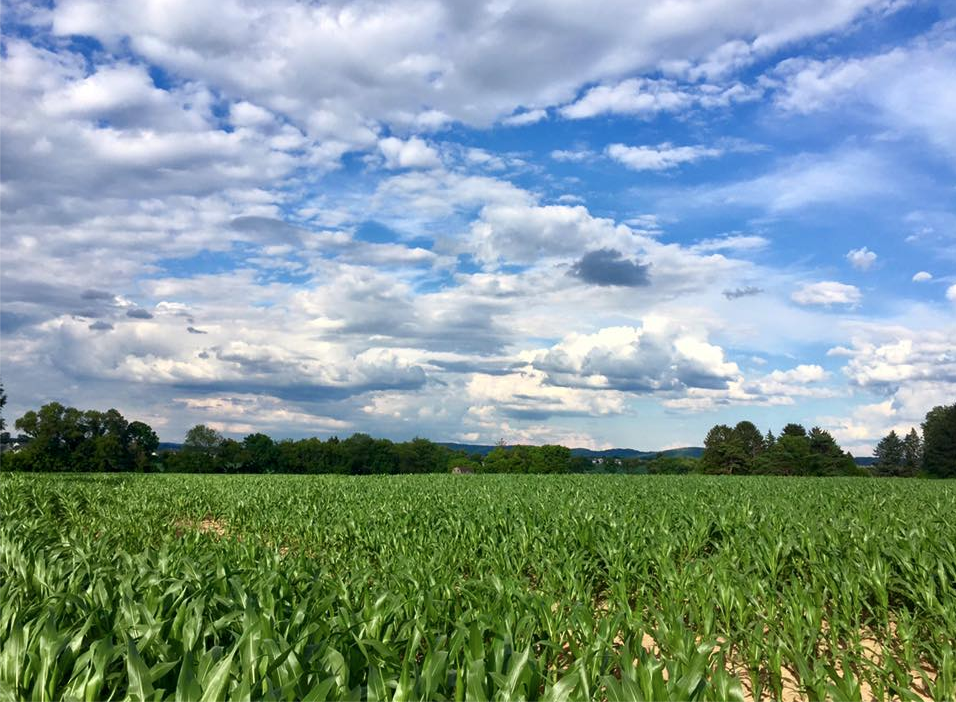The 2017 Lower Macungie Fire Department Santa Run is scheduled for:
Saturday December 9, 2017 (Rain Date December 10). Santa will be leaving the station at around 3:oo pm.
Link here for routes and times LMFD expects to be in developments. This is a wonderful and longstanding yearly tradition that I remember from when I was a kid! Thank you to the Lower Mac Fire Dept. Volunteers.

 FYI – A question I usually get each year, is “Why doesn’t Santa come to my development?”. Below is the likely answer.
FYI – A question I usually get each year, is “Why doesn’t Santa come to my development?”. Below is the likely answer.
“Lower Macungie Fire Department The reason the LMFD has not come thru your neighborhood with the Santa Run is traditionally we refrain from those developments that are under construction and have not been ‘turned over’ to the Twp. The philosophy is; those types of developments under construction typically have basic roads (no top coat, not flush with the manhole covers, not maintained or cared for by LMT…etc). Additionally, in those situations you also have construction equipment and/or dumpsters lining the roads and you also can find small construction debris that can potentially flatten tires, etc. With that being said, however, in you particular case I know your development has been in existence for quite some time and I made a special trip out there this morning to see how it looked. While I won’t take the trucks thru the southern portion of the development where they are actively building, I think running Santa thru the area north of the development shouldn’t be an issue. Please check our website in the next 10 days or so and we will have the specific street by street routes up. Dave Nosal – Fire Chief”
Important reminders and information about the Santa Run:
1) We provide the turn by turn routes and time frames so you can plan accordingly; as you may have to come to a street / intersection that we will be passing by. It is not realistic or feasible to go down every street in the Township. The routes are set up in order to keep them running efficiently and effectively and so that we can hit the maximum amount of area in a reasonable time frame.
2) The times listed are approximate; as we will also have to respond and handle any emergencies that may come in while we are out.
3) Candy will be thrown to the kids, so please make sure your kids are careful when picking it up.
4) If you would like to submit a picture that you took of the Santa Run, please email it to: info@firestation30.org. We will be posting them on our Facebook / Twitter pages.
5) The Alburtis Fire Department will be doing their Santa Run on December 3rd. and will be going through the Hills at Lockridge and the Heritage Heights area of the Township.
Thanks, Merry Christmas and a Happy Holiday!
Read more, Lower Mac in the news:
Lower Mac moves to preserve 55 acre farm
With official map, Lower Macungie takes more proactive stance on land use issues.
Two Lehigh County townships in pilot program to save farms
Lower Macungie jumps on opportunity to preserve more farmland
Lower Macungie approves Shepherd Hills Golf Club preservation deal





